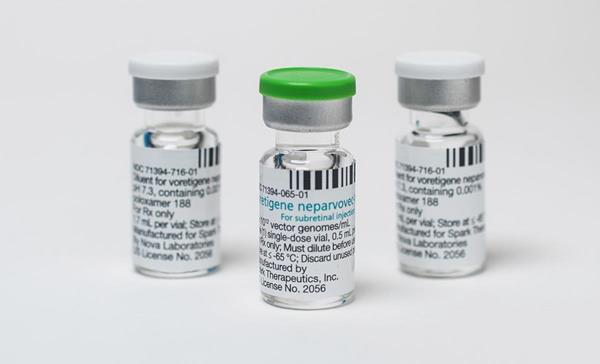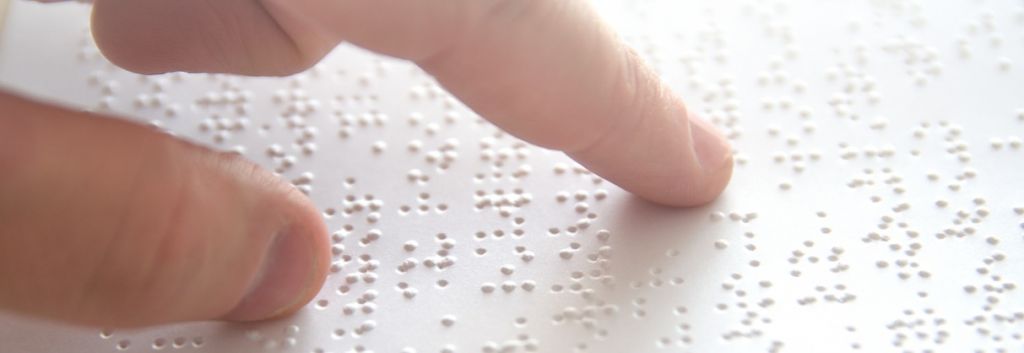Dutch company ProQR has released data from a Phase I/II trial showing its RNA therapy can improve the vision of people with a rare form of hereditary blindness.
The clinical trial recruited 10 people with the rare disease Leber’s congenital amaurosis 10. Caused by mutations in a gene called CEP290, this condition leads to blindness during childhood and there is currently no treatment.
ProQR’s therapy, given in the form of an injection every 3 months over the course of a year, was able to improve the vision and the mobility of 60% of patients after 3 months. The therapy consists of an RNA molecule that restores the faulty mRNA copy of a specific mutation in the CEP290 gene, providing a functional copy that the cells use as a template to create a healthy protein.
Given the success of the trial, ProQR has stopped recruitment and will focus on starting a 12-month Phase II/III trial. The company will aim to confirm its initial results in 30-40 patients in the new trial, which is expected to start in the first half of 2019. ProQR also plans to start another trial in children younger than 6 years old with the condition.
The approval of the first gene therapy for a rare form of blindness last year marked a big milestone in the field. There is no treatment for most cases of hereditary blindness, but several companies are developing gene therapies for multiple mutations causing blindness. Unlike gene therapy, ProQR’s approach does not act at the DNA level but rather restores the mRNA template used to make proteins necessary for vision.
ProQR was founded in 2012 by a father seeking to develop RNA therapies as a treatment for his son’s cystic fibrosis. The company has since branched out to target a wide arrange of rare genetic diseases, including several forms of blindness and skin diseases.






